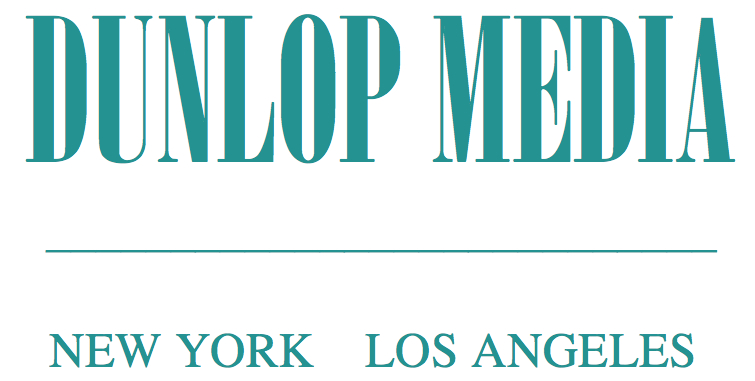Police take cover behind a vehicle outside a parking garage in downtown Dallas early Friday, July 8, 2016. (AP Photo)
This might not be the best time to invest in a cable news network, says New York Times media arts columnist Farhad Manjoo. Last week's police shootings, he says, crystallized a trend in which anyone in the right place at the right time can grab their smartphone and become an instant journalist.
The events, he argues, amounted to "live streaming’s Gulf War, a moment that will catapult the technology into the center of the news — and will begin to inexorably alter much of television news as we know it." But other media critics question whether this is such a good thing: if the shootings demonstrated the power of live streaming, are we ready for live murders? Courtesy The Indian Express.






















